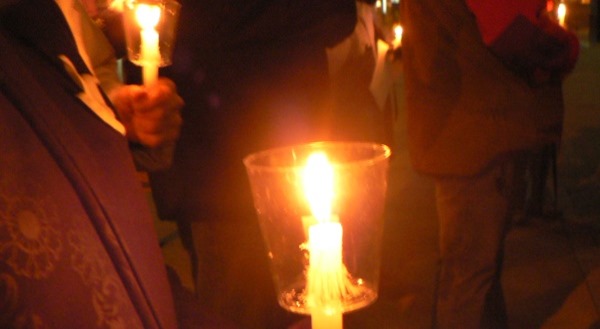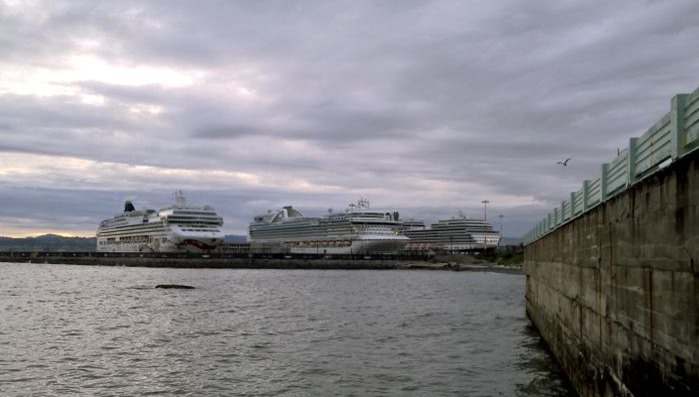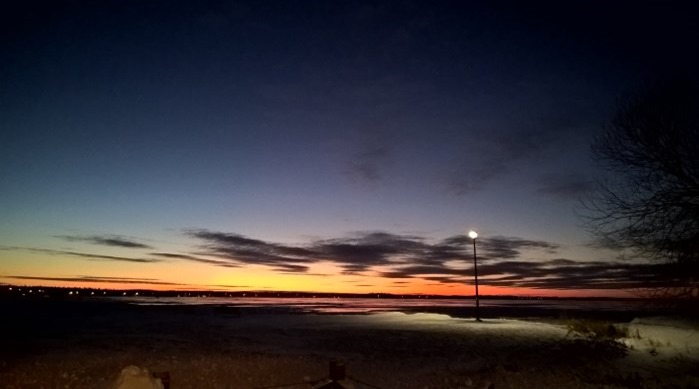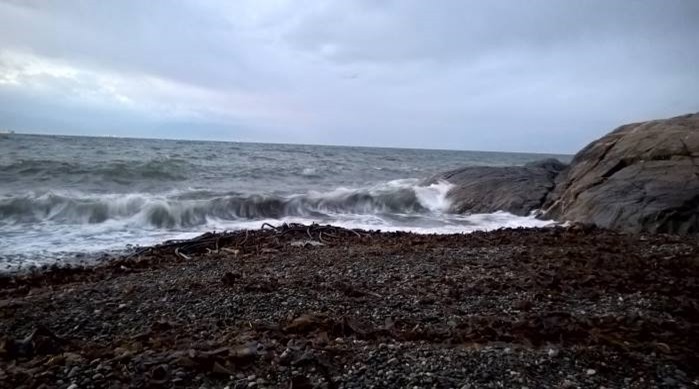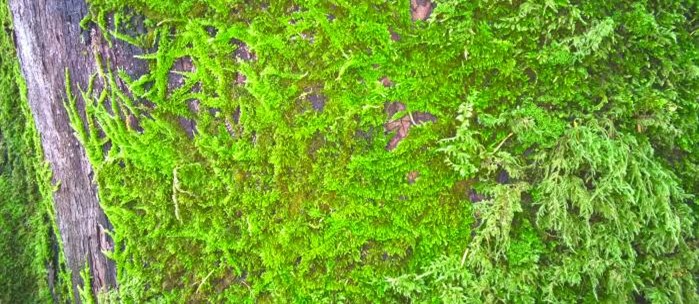No, touched doesn’t name it; more like being struck by a semi load of girders. And some families are struck more than once.
A few days ago a man I knew died by suicide. He was an acquaintance, but my wife and his wife were closer, had shared important moments together, encountered common themes in their lives, and for a while supported each other in a necessary dance of dissidence against certain traditions. The family’s second oldest is also a long time friend of our second youngest. They share a trajectory that places them on mainstream culture’s margins. So the news hurt.
Our hearts are torn for this family who have been struck twice. (Many years ago the oldest son also took his life.) You are in our thoughts, and in our inadequate but earnest ways, we pray for your peace.
And our hearts go out to all who find themselves in that grey expanse of numbness. A shock to go from daily habits: shower, coffee, commute, work, to the new fact of someone’s absence. How long to adjust to a fragmented reality? How long before the crush lightens and the days become liveable?
After my father-in-law’s suicide we attended a rally called Lift the Silence on Suicide. The secret phantoms of guilt and shame make everything worse. Silence makes things worse. Open communication, they said, resisting suicide’s stigma, its taboo status, can save lives.
But not everyone makes it through. Too many don’t: call it depression, unnavigable darkness, a mental prison, emotional suffocation. Call it a precipice under a blistering sun, or a flatness under a slate blanket sky.
Fact is, the healthiest of us can be swallowed by some monstrous loss. And should there be no one around to link arms with, the vacuum may be too much.
But there’s an equally important fact: for some, there are mental health issues, things breached and broken that no amount of family support, communal support, communication, professional help, can restore. And it’s just here where those phantoms of false guilt can come to accuse and harm those who tried to help.
Either way, we are all in this together. We all need the pressure of a warm handshake, we all need our name called out in the street, a friend running to catch up, a hug, a slap-on-the-back greeting.
We hold each other…so we can hold ourselves…so we can hold each other… For it’s through gentle giving and receiving that we live and grow and are released into the mystery of community…which to my mind is simply another name for God.

